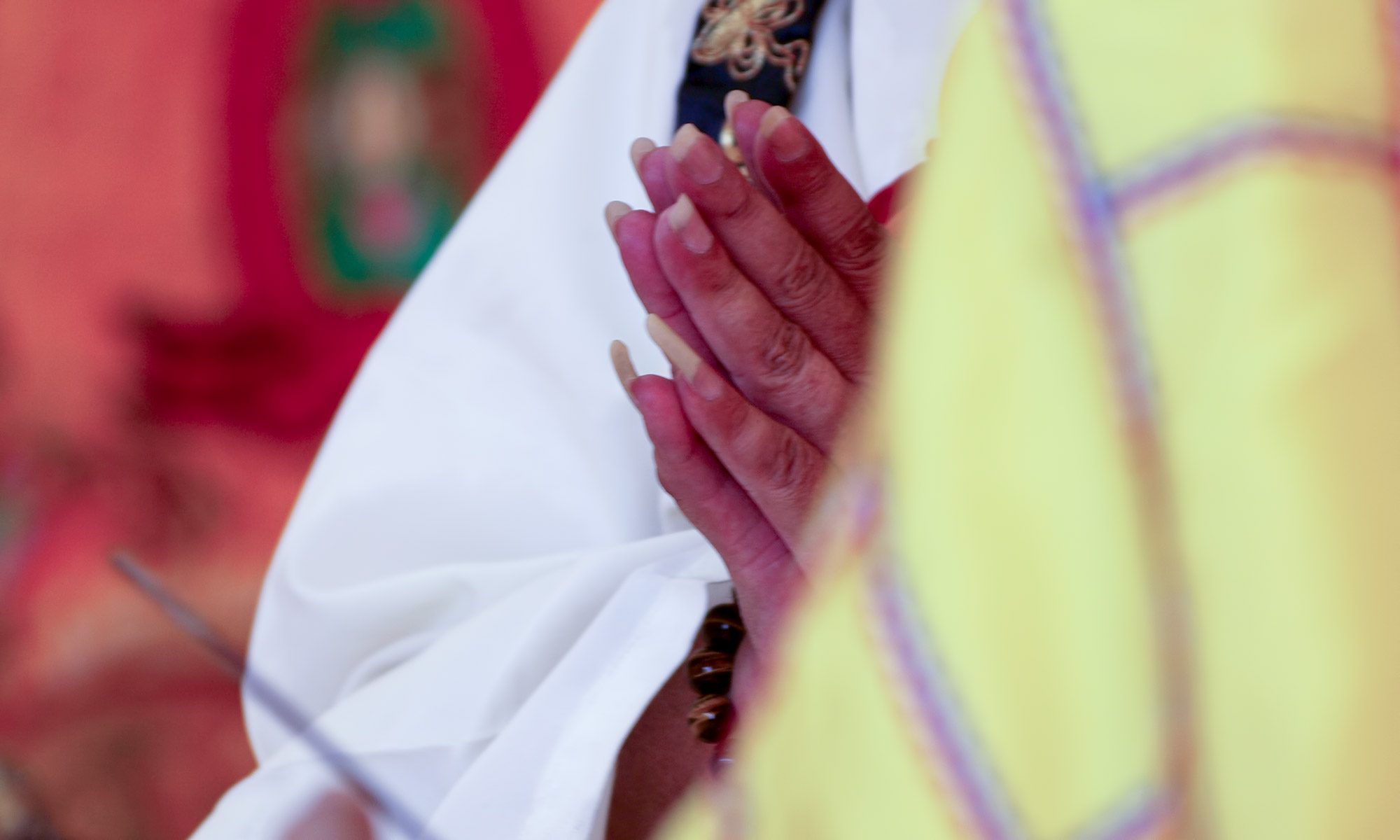
Once a year, you come together to help me mark Vesak in our unique way. We offer chants to remind us all of the Buddha, His life, and His teachings. Over the past two years, we have slowly but surely translated these chants into English and simplified Chinese for the benefit of our members and friends, young and old. Take the time while you are on the site to reflect on these chants when they are being sung.
For the past two years, I have challenged you to focus on developing a “one heart”. It is now time to move to an easily forgotten value of “cherish”. Cherish is central to our faith here in this Shrine.
My Master taught me this value and I like now to impart that to you – a value that is central to the philosophy of our Shrine and applies to everyone; male or female, young or old, Buddhists or non Buddhists. There is benefit when one understands and practices this value of cherishment.
So how do we cherish? Cherishment is easier understood through an example. When I was with my Master, he would remind me that we must cherish everything; we cannot be wasteful – be it food, things we use. It doesn’t matter whether they are things you buy or what others have given you. We must still cherish them all the same. It doesn’t matter if you are financially well; we still cannot waste nor dispose of things just because they are old or out of fashion.
I remember how he led by example. During meal times he would very carefully place a banana leaf on the table, unfolding it mindfully before gently placing the food. He was much focused and into the present moment. After consuming the meal, he would again, with a focused mind, gently clean the leaf, folding it back carefully, setting it aside for later use. I remember clearly how he would also use the seeds of the bitter gourd. He would explain that while the seeds were hard to digest, we can cook them in soup and extract their nutrients. Nothing goes to waste.
“Cherish” is not limited to just tangible objects. It is not only about treasuring the holy water like how we would hold dear the last drop of water during a drought but also our faith. We come from a unique Buddhist lineage where the community is small and closely guarded. Evangelization is not part of our doctrine and we ought to cherish this opportunity to be part of this community. We must cherish the principles and methods that are embodied in our Buddhist track.
We should also cherish the community of members and followers like you. We must walk along this path harmoniously; cherishing one another; helping each other unconditionally notwithstanding their functional lines. We should render help to each other like we would to a family member.
“There is worth in everything; one should not discard just based on face value”, putting it in another way, “为天地惜物业” – “respect the earth and treasure what it holds”. This is the principle that has been central to our Shrine’s track of Buddhism for generations. It is not just about environmentalism but incorporates treasuring relationships and faith. It is also the foundation upon which the value of “Cherish” is built. All my spiritual objects have been handed down from generations beyond me. This is the key philosophy of our Shrine and I urge you to reflect on this and put it into practice in your own daily life.
一年一度,大家又聚集一堂,以独特的方式帮助我筹备卫塞节。我们吟诵经典、回想佛祖的一生及其谆谆教诲。在过去两年中,我们陆续将经文翻译成英文和简体中文,以方便我们的信徒及朋友、青年和老人分享。在此聆听诵经时,请仔细回想经文。
在过去两年中,我鼓励大家全力发展“一心”活动。今年的庆典主题则为常被人们遗忘的“珍惜”的价值。珍惜是本堂的信仰中心。
我的师傅曾向我传授这一价值观,现在我希望与大家分享——这一价值观是本堂的哲学中心,适用于每个人;无论男女老幼,佛教徒或非佛教徒。一旦我们理解和实践珍惜的价值,将受益无穷。
那么,我们应该如何珍惜?让我们通过示例来更好地理解它。我师傅在世时,他提醒我:必须珍惜一切;不能浪费食物或任何用品。无论是自己购买,还是别人赠送的东西。我们都必须同样地珍惜看待。即使经济宽裕;我们也不能浪费;或仅因为用旧了或不流行而随意处置任何物品。
我还记得他如何以身作则。用餐时,他会将香蕉叶小心地放在桌上,仔细展开,然后轻轻放上食物。他异常专注的神态让我记忆犹新。用餐结束后,他会轻轻清洁叶片,仔细折叠,然后收好以备日后使用。我还清楚地记得他如何使用苦瓜籽。他解释说,瓜籽很难消化,我们可以放在汤里煮,吸取它们的营养。不能浪费任何东西。
“珍惜”不局限于有形事物。不仅要像手捧旱灾中最后一滴甘露一样珍惜圣水,还要珍惜我们的信仰。我们来自一个独特的佛教宗系,社群规模很小但受到了严密保护。福音传道不是我们教义的一部分,但我们应该珍惜这一机会,成为社群的一员。我们必须珍惜向佛之路中包含的原则和方法。
我们还应该珍惜社群成员和像你们一样的信徒。我们必须和睦相处,共同前进;珍惜彼此;无条件帮助彼此,不求回报。我们应该像帮助家人一样帮助彼此。
“万物皆有价值;人们不能仅凭表面价值即进行抛弃”,换言之,“为天地惜物业”——“尊重地球,珍惜其所有”。这是本堂代代相传的向佛之路的中心原则。这不仅关系到环境保护,也结合了珍惜其关系和信仰。它也是“珍惜”价值的创建基础。我所有的祭祀用品都由经前辈代代相传。这是本堂的主要哲学,希望你们能将其发扬光大,应用到日常生活中。
